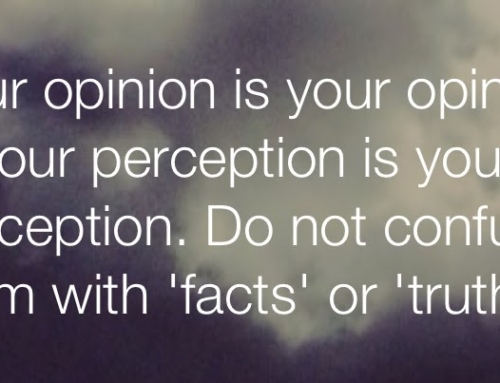
Source: MomJunction
Chrissy Teigen – who I follow on various outlets and actually quite adore – recently posted the following:
ok I’m gonna say something and you all are definitely gonna make it a thing but here goes: normalize formula.
— chrissy teigen (@chrissyteigen) November 29, 2020
It was in response to the guilt and pain she felt having struggled nursing her second child.
Let’s start by saying something uncomfortable for some: Formula is normalized. Too much so.
Yes, formula is the norm in our society. So much so that we are failing breastfeeding mothers – like Ms. Teigen – who should have all the support they need to reach their breastfeeding goals.
So, we must ask, if this is the case, why do people feel this way? Ms. Teigen isn’t alone. There are countless stories of women who felt shamed, belittled, like failures, and so on for not being able to breastfeed their babies.
I will start by saying that this isn’t my first rodeo on this topic. I have written on the topic of the pain of not meeting one’s own breastfeeding goals and what is needed there. But somehow that feels like a different topic even though it isn’t.
Let’s start by saying now:
Formula is normalized, breastfeeding is not, but more than either of the two, supporting mothers is last on the fucking list.
There is no systemic support for mothers in our society.
You want to breastfeed? That’s great, but don’t ask for help (it’s natural, don’t you know?), don’t complain, don’t talk about the difficulties, don’t do it in public, don’t do it past a certain age, don’t do it at night… need I go on?
Breastfeeding didn’t work and you move to formula? You’ve already failed so what do you want from us? We don’t care – you’ve proven you’re unworthy.
You don’t want to or can’t breastfeed and move to formula? You should’ve been smart enough to look all this up in the first place and so it’s stupid for you to ask for support or help. If you can’t make a bottle, why are you even having kids?
Look – I will always be clear that breastfeeding is not normalized even though it’s been given the status of “the best” (from formula companies who have a real stake is using that language and it’s not to help breastfeeding) – but this isn’t about that. It’s about women. It’s about support. It’s about how those two things are somehow incompatible in our society.
We hold women to a standard that is incomprehensible and we offer them nothing but scorn for it.
What to stay at home? Well, you’d better be perfect as must your kids or we’ll judge you.
Want to work? If you can’t balance both, I don’t know why you think you have any business getting ahead anywhere.
Send your kids to school? Clearly you think you aren’t capable.
Homeschool? Freak!
Oddly enough these names and views seem to fall disproportionately on moms. Because we are women and our culture still aims to invalidate and remove support for women.
They have to.
Why? Because if they don’t, we end up in charge.
Did you know that most Indigenous cultures on Turtle Island were matriarchal and gender equivalent? That is our history. But no longer and we have to fight against it.
This doesn’t mean we agree and say that, yes, formula needs to be normalized (because it is), but rather that we shift the conversation towards something that is real and does need fixing – support.
Can we do that?






I just want to say I’ve enjoyed reading your articles about breastfeeding! You made me realize that I too am a Lactivist lol. I am a first time mom and I always say “I knew breastfeeding was going to be hard because everybody says so, but I didn’t realize it was THIS hard.” I’m proud to say that I am still exclusively breastfeeding my now eight month old son. The only reason why we are where we are is through the help of a private lactation consultant and her team (dentist, osteopath, etc). When I had my baby, he was diagnosed with a tongue tie and he wouldn’t latch. The hospital sent us home with a pack of formula. The devastation that I felt was beyond. Not being able to breastfeed was a whole grieving process. It was a true loss. That’s why I’m so grateful to have overcome our challenges and meet our breastfeeding goals. Thank you for touching on the mental aspect of breastfeeding for mothers. I agree that there needs to be more support for this.